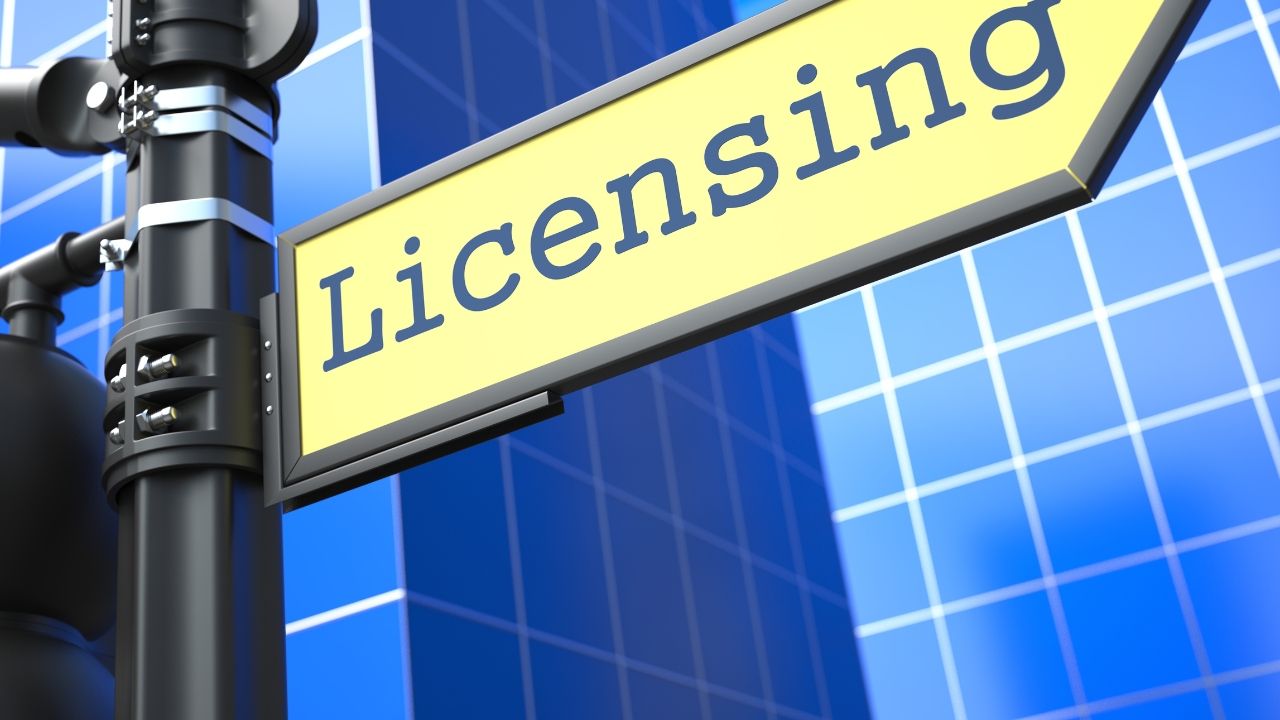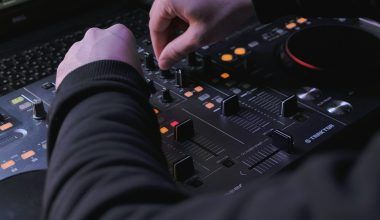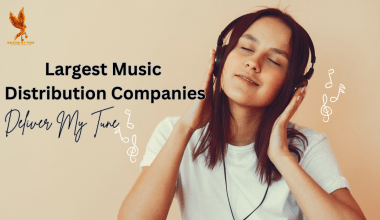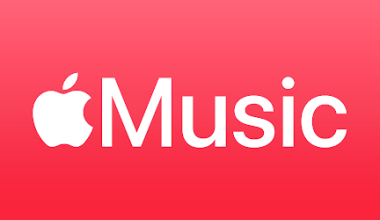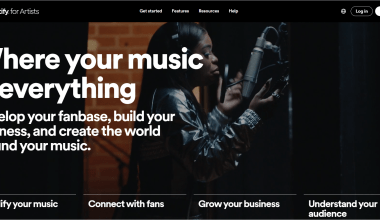A music sync licensing, often known as synchronization, is a contract that governs the use of recorded music in any product that includes both music and moving visuals. It guarantees that copyright owners the reimbursement with a licensing fee and royalties on the media’s broadcast or airing. It covers films, television series, commercials, video games, and other media. A good placement may provide enough exposure and produce a sufficient sum through sync license costs and performance royalties.
Despite this, there are many unexplored sync licensing opportunities. It is due to the sync market’s complexity and the gatekeepers that control it. Music sync licensing organizations (sync agents), music supervisors, labels, and the highest-ranking directors are among them.
People who are just getting started may feel intimidated by the complex maze of business jargon and information. Fortunately for you, this article will help you decode the sync licensing opportunities and establish a great career in sync!
Music Copyright:
You must first fully grasp copyright and copyright law. You should be aware of two copyright forms to comprehend music sync licensing.
Master rights: This is the right to copy and exploit the master recordings, thus the “master” rights. Each recording has its own master, which may be bought, sold, or licensed for sync licensing opportunities.
Publishing rights: This refers to the song itself, its melodies and harmonies, the music, and words.
To give you an idea of how this functions, if you compose and record an original song on your own, you own 100% of the master and publication rights to the creation and recording.
If you performed and recorded a cover version of one of Ed Sheeran’s songs, he (and his publisher) would still control the publication rights to the song. However, because you performed his song but recorded a cover version, you would hold the master rights to the recording.
Metadata:
When it comes to earning coveted sync licensing opportunities, metadata is crucial. To be eligible for pitching for music sync licensing, make sure all of your metadata is present and proper. The composer’s and any cowriter’s identities must be correct, and they must be given to your publisher to clear the license fast.
Legal Clearances:
In the music sync licensing world, your rights are what bring you money. The licenser (music supervisor or client) requires your consent to “clear” or permit the usage of one of your songs every time it’s ready to be placed. It contains the song (publishing) and the recording (master).
If you and another writer worked on a tune and each owned 50%, the music supervisor must clear the publication rights for both you and your co-writer and whoever owns the master rights. As a result, a single entity now controls all rights (master and publication). It may be a person, a label or publisher, or a synchronization agency. The more individuals participate in this process, the more difficult it becomes.
Your agent will provide you with the license or quote request when you’ve “cleared,” and you may sign off! Get an advance fee, often known as a “sync fee,” once the program airs.
The Gate Keepers and The Decision Makers:
To have your music placed in anything, you must go through a network of individuals who are in music sync licensing.
Your creation needs to leap through some enormous hurdles, whether for a game, a film, or a new TV series.
The Director: The director is at the top of the decision-making chain. They are the driving force behind all productions, especially in television and cinema, gaming, and advertising. These individuals will make the final decision about music placement.
Music Supervisors: These are music and legal professionals whose only responsibility is to identify the correct creation for a scene or “cue,” maintain the music budget, and then clear and license that music for the production. It is the marketplace for your song. The only disadvantage is that tens of thousands of other music firms and people are doing the same thing! It’s a very competitive market, especially in a music-obsessed society.
Publishers, Libraries, Labels, and Sync Agents: Your best bet of getting your music placed in anything is having good working relationships with one of these three. Each has its pros and cons, and each works slightly differently.
what are your options?
Music Publishers:
Publishers have traditionally used music sync licensing to benefit artists and creators. It’s one of their primary sources of income. It’s one of the benefits of working with digital music distributors like Deliver My Tune. If you secure a placement, publishers will take a cut of your royalties and sync fees. Your contract with them will stipulate this.
However, India’s first digital music aggregator site, Deliver My Tune, can help you publish your songs. They have various tools to help you with music distribution, promotion, and marketing.
Record Labels:
These are typically more focused on the artists’ distribution, streaming, sales, and marketing. However, record labels discover that sync placements significantly help promote new or upcoming albums.
More labels hire specialist music sync licensing managers to advocate for placements and even negotiate publishing arrangements, especially since one-stop rights are vital for quick clearance. Deliver My Tune helps you connect with many leading record labels to help you publish your music and also helps with sync licensing.
Staying Independent:
You are responsible for all of the work. It includes attending music sync licensing conferences and rubbing hands with supervisors, developing connections, and requesting briefs from them. Many individuals have adopted the route of researching, which shows us what type of music. Find the supervisor and send some music if you have any appropriate music. It’s a time-consuming process that leaves you little time to compose and record music! With its massive reach, Deliver My Tune can help you connect with people from your music industry.
Sync Agents:
Sync agents will promote your music and obtain a sync license for you. It entails pitching the tracks to music supervisors’ clients. With these clients, they may have established long-term relationships. The main objective of Sync Agent is to assist you in placing your music. They usually take a cut of the sync fee in exchange. Many artists and authors will undoubtedly lack time to do so themselves but want to remain independent and retain their copyrights.
Sync licensing is a rising sector in the music industry. Sync licensing may not be the first cash source that comes to mind when starting a music career, but it becomes increasingly significant as the song’s production and mix quality improve.
Both the primary players in this licensing structure, the music artist/recording studio/label, and license holders like producers, have benefited from the growth in internet connectivity and the creation of digital databases. An enormous creator base is writing their unique songs for the first time. As a result, music sync licensing is an excellent way to create music, distribute it to the public, and earn money simultaneously.
For further reading, explore these related articles:
For additional resources on music marketing and distribution, visit Deliver My Tune.
